



If you ever find yourself craving a breath of fresh,cool mountain air mixed with the earthy aroma of tea leaves,Munnar is where you need to be. This hill station in Kerala feels like stepping into a living painting—rolling emerald tea plantations stretch as far as the eye can see,their leaves shimmering under the soft morning mist. The gentle rustle of the breeze through the tea bushes and the distant call of birds create a peaceful soundtrack that instantly slows down your pace. It’s the kind of place where you can just sit on a wooden bench,sip freshly brewed chai,and watch the clouds drift lazily over the hills. What really makes Munnar special is its laid-back charm combined with a deep connection to nature and tradition. The local markets buzz with friendly chatter,offering spices that smell like a warm hug—cardamom,cinnamon,and pepper. You’ll find small cafes serving homemade Kerala snacks,where the flavors are bold but comforting,like a spicy banana fritter or a steaming bowl of appam with coconut stew. The people here carry a quiet pride in their land,and their stories about the tea estates and tribal heritage add layers to the experience. Beyond the plantations,there’s a wild side to Munnar—waterfalls that plunge into crystal-clear pools,winding trails through shola forests,and the chance to spot elusive wildlife like the Nilgiri tahr. It’s a place that invites you to slow down,breathe deeply,and soak in the simple,beautiful rhythms of hill life. Trust me,once you’ve felt Munnar’s gentle embrace,you’ll want to come back again and again.
The information on this page is currently being reviewed by Tripkliq and should be used as a guide only
Eng word: Hello
Eng pronunciation: Halo
Local language: ഹലോ
Eng word: Goodbye
Eng pronunciation: Vida
Local language: വിട
Eng word: Thank you
Eng pronunciation: Nandi
Local language: നന്ദി
Eng word: How much
Eng pronunciation: Ethra
Local language: എത്ര
Eng word: Toilet
Eng pronunciation: Kakkoos
Local language: കക്കൂസ്
Eng word: Help me
Eng pronunciation: Enikku sahayikku
Local language: എനിക്ക് സഹായിക്കൂ
Eng word: Yes
Eng pronunciation: Athe
Local language: അതെ
Eng word: No
Eng pronunciation: Illa
Local language: ഇല്ല
Eng word: Excuse me
Eng pronunciation: Kshamikkanam
Local language: ക്ഷമിക്കണം
Munnar's name is believed to mean 'three rivers', referring to its location at the confluence of the Mudhirapuzha, Nallathanni, and Kundaly rivers.
The modern development of Munnar is closely linked to the British colonial period when it became a retreat for British officials and the center of a booming tea industry in the late 19th century.
The Tea Museum in Munnar is a testament to its rich tea-producing history, showcasing old machinery used in tea manufacturing and offering insights into the processing of tea.
Established in 1978, Eravikulam National Park near Munnar is renowned for protecting the endangered Nilgiri Tahr and hosts the spectacular Neelakurinji flowers that bloom once every twelve years.
The town's elevation (around 1,600 meters above sea level) gives it a cooler climate than lowland areas, making it a sought-after hill station during the British era and a popular tourist destination today.
Ancient stone inscriptions discovered in Munnar point towards its historical significance, with evidence of human settlements dating back thousands of years.
This park showcases Munnar's natural beauty and biodiversity, offering tourists a place to relax amidst flowers, landscapes, and various activities.
Munnar is known for its significant hydroelectric projects, such as the Mattupetty Dam, constructed to support the power and water needs of the region.
Munnar has hosted royal visitors and dignitaries, highlighting its reputation as a place of beauty and hospitality. Notably, the British royal family visited the region during colonial times.
In Munnar, the most common Power Adaptor is Type C, Type D, Type M.






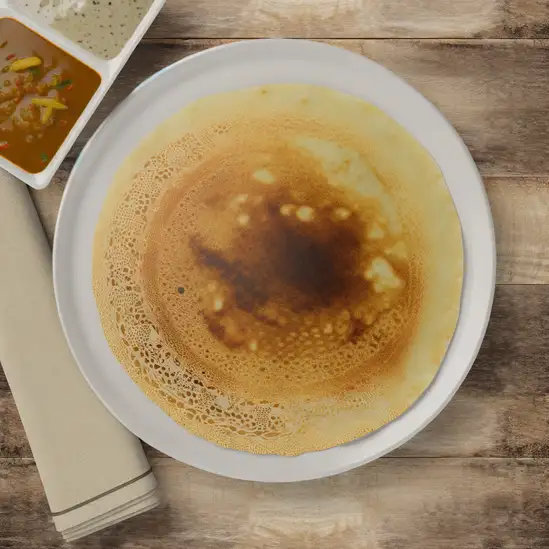
A thin, crispy crepe made from fermented rice and lentil batter, typically served with chutney and sambar.
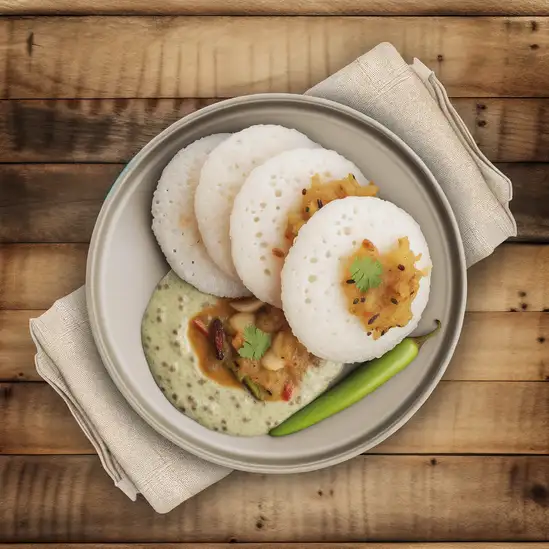
Steamed rice cakes that are soft and fluffy, often served with sambar and coconut chutney.
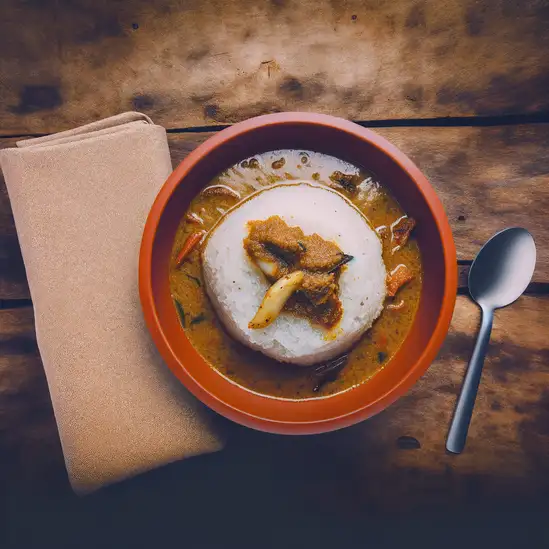
A traditional Kerala dish made of steamed rice flour and coconut, usually served with banana or curry.
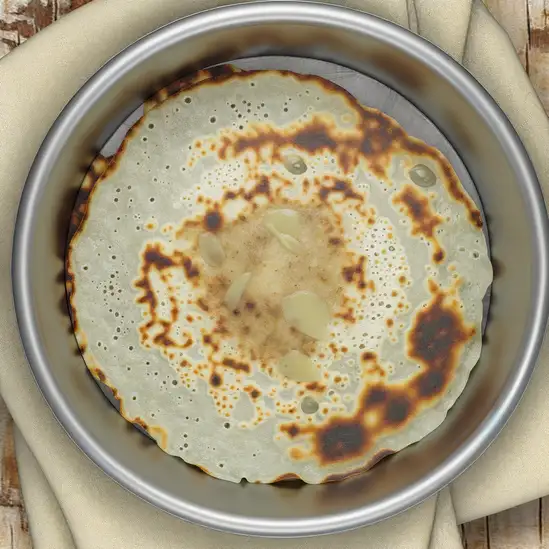
A soft and fluffy rice pancake with a crispy edge, often served with coconut milk or vegetable stew.
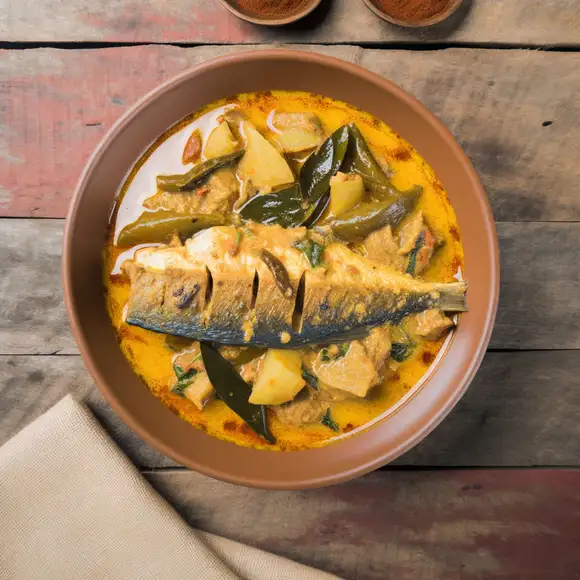
A spicy and tangy curry made with fresh fish, coconut milk, and a blend of local spices.
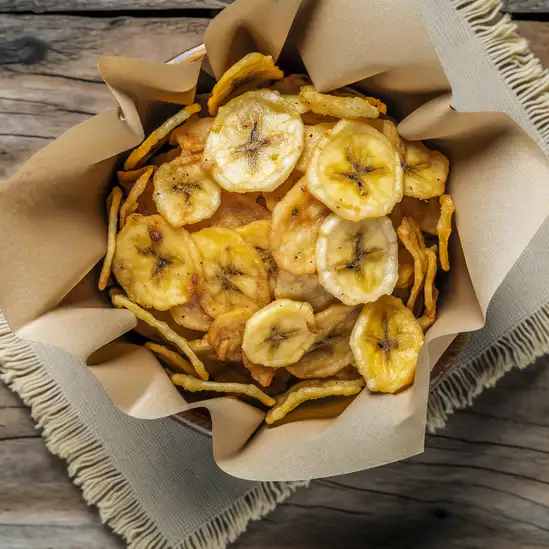
Crispy, fried slices of raw banana, seasoned with salt and spices, popular as a snack.

A traditional vegetarian feast served on a banana leaf, featuring a variety of dishes including rice, curries, and pickles.

A variety of spicy and tangy condiments made from coconut, tomatoes, or mint, often served with main dishes.
Known as the 'Queen of the Arabian Sea',Kochi is famous for its backwaters,historic Fort Kochi,and nearby islands like Willingdon Island and Vypin. A perfect blend of history,culture,and scenic beauty.
ExploreIf you ever find yourself craving a place where time slows down and life feels beautifully simple,Alappuzha is where you want to be. Imagine waking up to the gentle lapping of water against your houseboat,the air thick with the scent of fresh spices and blooming jasmine. This city,often called the Venice of the East,isn’t just about its famous backwaters—it’s about the rhythm of everyday life flowing alongside those winding canals. You’ll see fishermen casting their nets with practiced ease,women in vibrant saris chatting by the water’s edge,and children laughing as they splash in the shallows.
Walking through Alappuzha’s bustling markets,your senses come alive with the colors of fresh coconuts,ripe bananas,and piles of fragrant cardamom and pepper. The soundscape is a mix of temple bells,the distant call of birds,and the soft hum of boat engines. At sunset,the sky melts into shades of pink and orange,reflecting off the water and turning everything golden. It’s the kind of place where you can sip on a cup of strong,sweet Kerala chai while watching the world drift by.
What really makes Alappuzha special is its warm,welcoming spirit. The locals carry a deep connection to their land and traditions,from the intricate snake boat races to the slow-cooked seafood curries that taste like home. Visiting here feels like stepping into a living story—one where every moment invites you to slow down,breathe deeply,and savor the simple joys of life.
If you ever find yourself wandering through the southern tip of India,Thiruvananthapuram will wrap around you like a warm,familiar hug. The city hums with a gentle rhythm—part ancient tradition,part vibrant modern life—that instantly makes you feel at home. Imagine walking along streets lined with swaying coconut palms,the salty breeze from the nearby Arabian Sea mingling with the rich aroma of spices and jasmine wafting from bustling markets. It’s a place where temple bells chime softly in the morning,blending seamlessly with the chatter of locals and the distant crash of waves.
What’s truly captivating about Thiruvananthapuram is its effortless balance between calm and energy. You can spend your mornings exploring the majestic Padmanabhaswamy Temple,its intricate carvings telling stories centuries old,then lose yourself in the colorful chaos of Chalai Market,where vendors call out,selling everything from fresh mangoes to handwoven fabrics. The city’s soul is deeply rooted in its culture—classical dance performances,traditional Kerala cuisine bursting with coconut and curry leaves,and the warm smiles of people who take pride in their heritage.
Evenings here are magical. Head to the nearby Kovalam Beach,where the sun dips low,painting the sky in hues of orange and pink,and the sound of waves lapping against the shore feels like nature’s lullaby. Whether you’re savoring a plate of spicy fish curry or simply sitting by the shore,Thiruvananthapuram invites you to slow down,breathe deeply,and soak in a world that’s both timeless and alive.
A charming backwater destination,Kumarakom is known for its bird sanctuary,houseboats,and proximity to Vembanad Lake,the largest lake in Kerala.
ExploreIf you ever find yourself craving a place where time slows down just enough to savor life’s simple pleasures,Kollam is that kind of city. Nestled along the shimmering backwaters of Kerala,it greets you with a gentle breeze carrying the scent of saltwater mingled with fresh spices from bustling markets. Walking through its streets,you’ll hear the rhythmic clatter of fishing boats returning with their catch,the distant call of temple bells,and the warm chatter of locals who seem to know everyone by name.
Kollam’s charm lies in its seamless blend of nature and culture. The backwaters here aren’t just a backdrop—they’re the heartbeat of the city. Glide along in a traditional houseboat,watching palm trees sway and fishermen cast their nets,while the sun paints the sky in hues of gold and pink. On land,the city pulses with life:vibrant markets bursting with tropical fruits,the aroma of freshly ground coconut,and the rich flavors of Kerala’s cuisine—think spicy fish curry paired with fluffy appams that melt in your mouth.
What really stays with you is Kollam’s warmth. It’s a place where the old and new coexist effortlessly—ancient temples stand alongside lively cafes,and age-old traditions are celebrated with genuine pride. Whether you’re wandering through the bustling streets or simply sitting by the water’s edge watching the world go by,Kollam invites you to slow down,breathe deeply,and soak in a way of life that feels both timeless and refreshingly alive.
If you step into Chennai,you’ll immediately feel a pulse that’s both ancient and alive—like the city is breathing stories through its streets. It’s a place where the salty breeze from the Bay of Bengal mingles with the rich aroma of jasmine flowers and sizzling street food. The soundscape is a lively mix of temple bells,the rhythmic clatter of auto-rickshaws,and the distant hum of Carnatic music drifting from open windows. Chennai doesn’t rush; it invites you to slow down and soak in its layered rhythms.
Walking through the neighborhoods,you’ll see a fascinating blend of colonial architecture standing shoulder to shoulder with colorful markets bursting with fresh produce,spices,and vibrant textiles. The city’s heart beats strongest in its people—warm,proud,and deeply rooted in tradition yet open to the world. Festivals here aren’t just events; they’re immersive experiences where you can witness centuries-old rituals,dance,and music that feel like a living tapestry.
And then there’s the food—oh,the food! Imagine biting into a crispy,golden dosa,its tangy chutneys and spicy sambar awakening your senses. Or savoring a steaming bowl of filter coffee that’s as bold and comforting as the city itself. Chennai’s charm lies in these everyday moments,where history,culture,and life blend seamlessly. If you want a city that feels like a warm embrace and a lively conversation all at once,Chennai is waiting with open arms.
Unlicensed operators may offer activities like trekking or jeep safaris at high prices with poor safety standards.
Tourists may be sold counterfeit or substandard Ayurvedic oils and medicines at inflated prices.
Tourists may be sold fake handicrafts or items falsely claimed to be handmade or locally produced.
Unlicensed guides may approach tourists offering cheap tours but provide little value or incorrect information.
Scammers may claim your hotel is overbooked or unavailable and redirect you to a more expensive or lower-quality accommodation for a commission.
Drivers may charge tourists significantly higher fares than locals, especially for short distances or popular tourist spots.
Locals may demand money for taking photos of scenic spots or cultural landmarks, even if no official fee exists.
Some shops sell overpriced or low-quality spices claiming they are authentic and locally sourced.
Some operators may charge excessive fees for tours of tea plantations, which are often free or inexpensive through official channels.
Travel agents may push expensive, unnecessary packages for sightseeing that can be done independently at a much lower cost.
The use, possession, and trafficking of drugs are strictly prohibited in Munnar and the rest of India under the Narcotic Drugs and Psychotropic Substances Act (NDPS) of 1985. Penalties for drug-related offenses can be severe, including long prison sentences and heavy fines. Tourists should avoid any involvement with illegal drugs to prevent legal complications.
In Munnar, as in the rest of India, smoking is prohibited in public places such as parks, public transport, restaurants, and hotels. The Cigarettes and Other Tobacco Products Act (COTPA) of 2003 regulates smoking in public areas. Violators can be fined. Designated smoking areas may be available in some establishments, but it is always best to ask before lighting up.
Vaping is subject to similar regulations as smoking in India. The Indian government has imposed a ban on the production, import, sale, and advertisement of e-cigarettes and vaping products since September 2019. Tourists should avoid using vaping devices in public places to avoid legal issues.
What are other people saying about Munnar?
Recent Social posts about Munnar
There is nothing to show you for now.